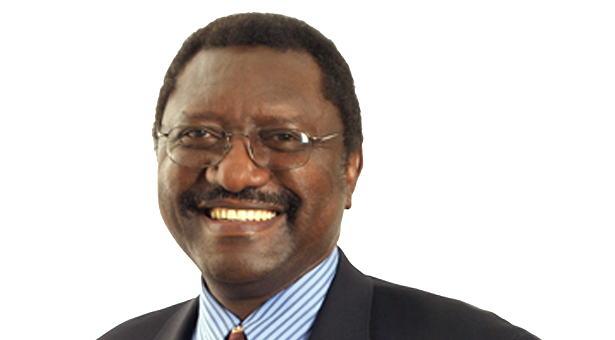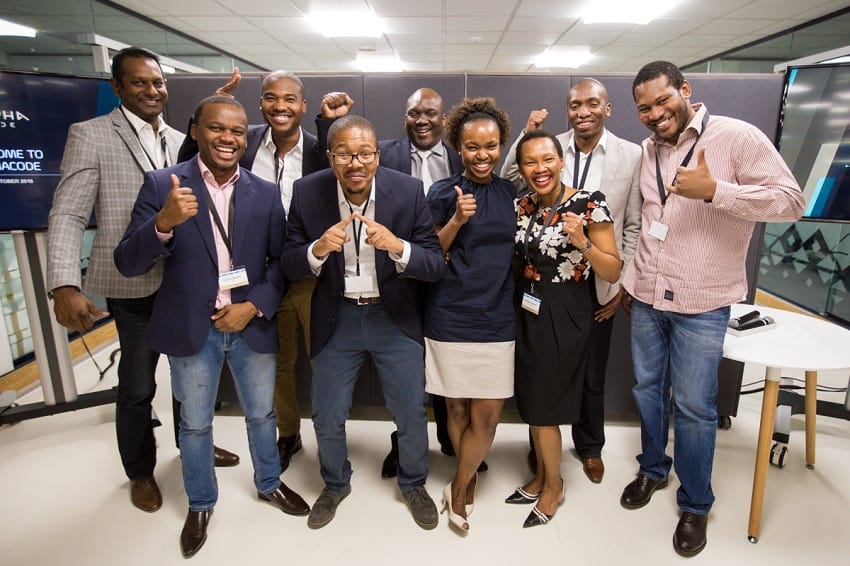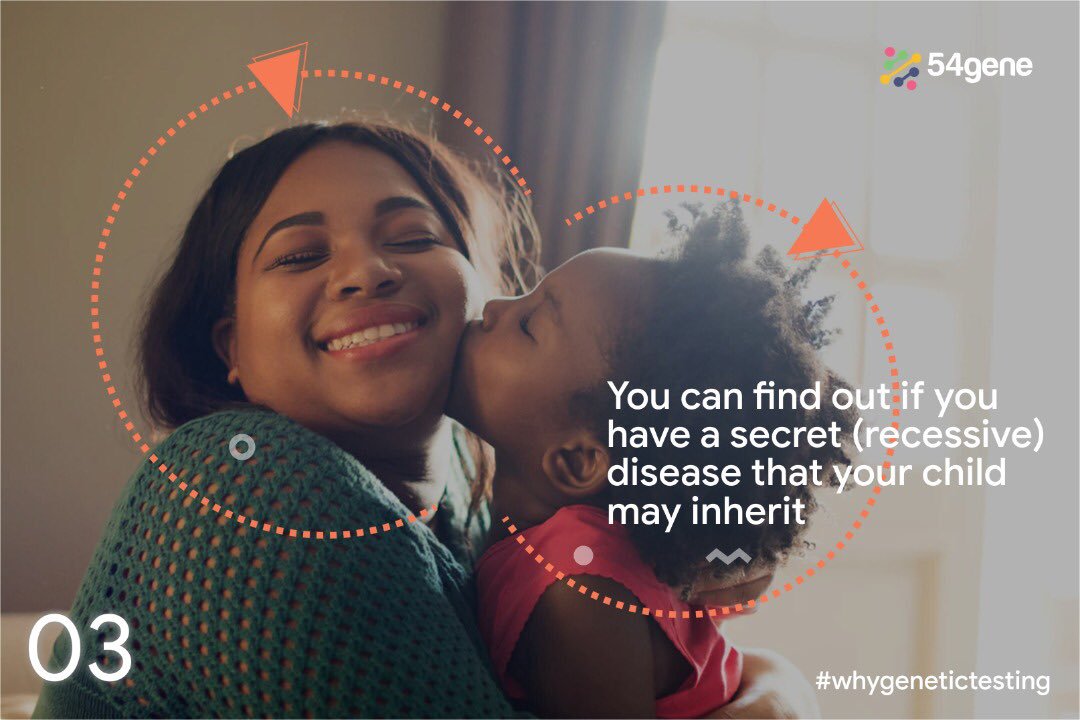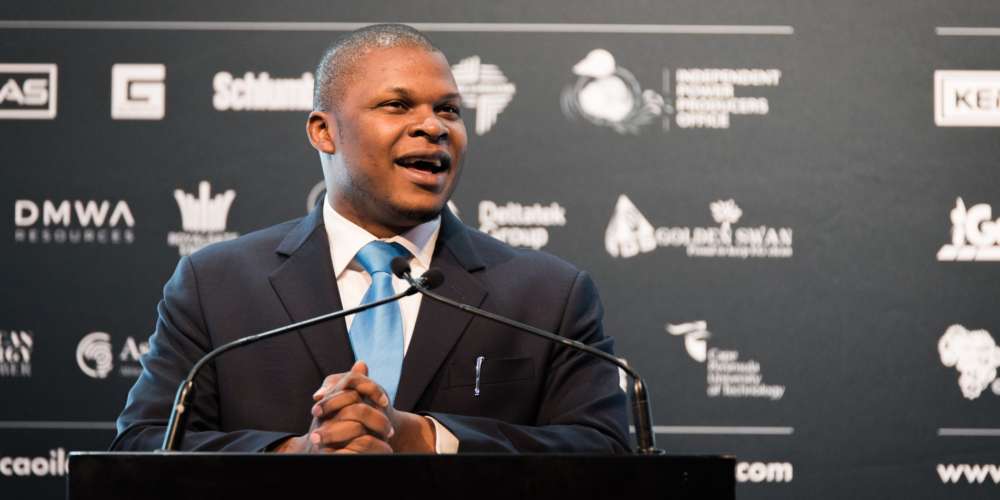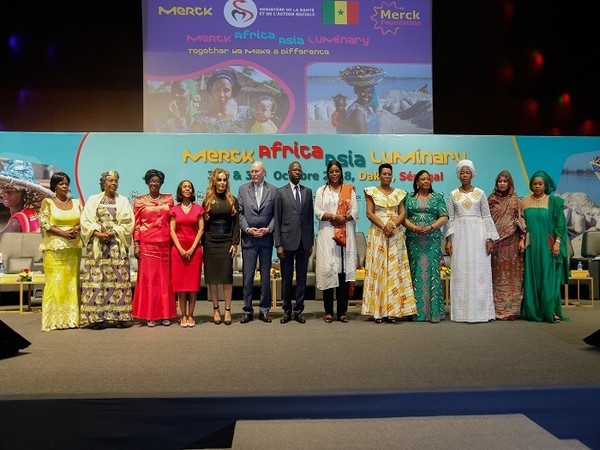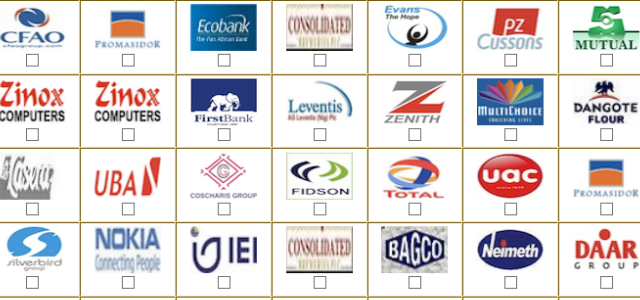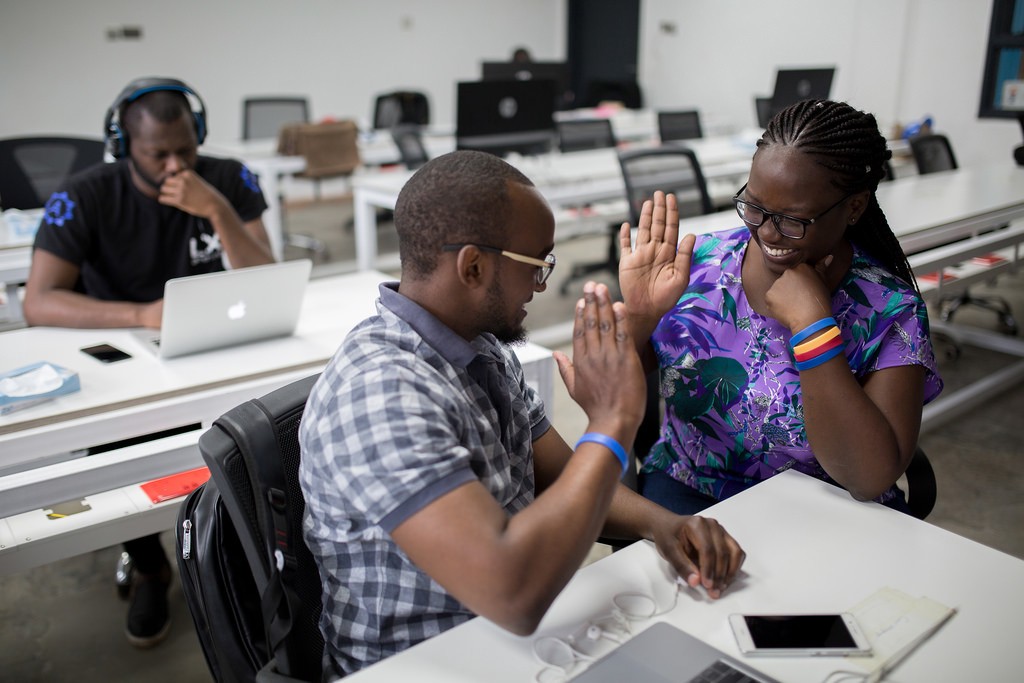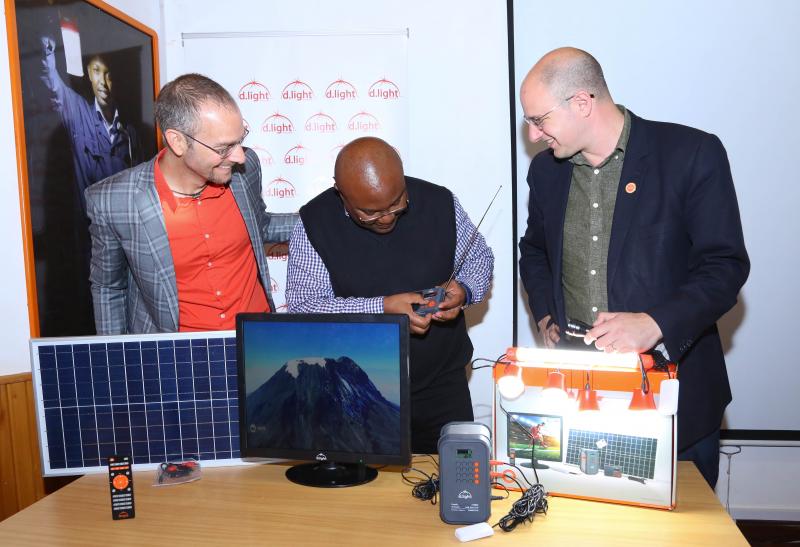Africa has a lot to benefit from Russia—Steve Davies Ugbah
—Steve Davies Ugbah
Professor Steve Ugbah is Nigeria’s Ambassador to Russia and also holds a concurrent accreditation to the Republic of Belarus. In this interview, he speaks on the importance of Russia’s renewed engagement with Africa; Nigeria’s place in East-West geopolitical rivalry and benefit of AfCFTA in deepening trade ties within Africa among other issues. Excerpts:

How would you describe Nigerian-Russian relationship?
Nigeria-Russia relationship has improved in recent times. We are strengthening the relationship because for a long time it grew cold as we had no substantive ambassador to Russia for four years prior to my appointment. We are now trying to rebuild confidence and trust in each other and take the relationship seriously. So, the relationship is cordial and we are strengthening our bilateral ties.
How is Russia responding to this renewed engagement?
The response has been positive and we have held high-level meetings which are intended to signal to Russia the extent to which we value this relationship. It is a gradual process of rebuilding confidence and I am sure that soon, we would have attained 80 percent of our goal of confidence-building and reaping strategic benefits in the process. Russia is a very important country not just for Nigeria but also for Africa. The extent to which Russia and Nigeria and to a larger extent, Africa can strengthen its relationship, it will be mutually beneficial.
So, I am optimistic this rapprochement will mature and be of benefit to Africa in all facet of our relationship whether economic, cultural, or educational. Russia has been generous to Nigerians especially in the areas of cultural exchanges and scholarships for students. So, my hope is that these activities that are mutually beneficial will continue.
Which other opportunities are there for Africans to tap from Russia?
Russia is a superpower and Africa can benefit most certainly from its firepower and its experience in security. Russia has an abundance of minerals just like most African countries and it has been able to exploit its natural resources more efficiently and I believe we can learn from them. It also has the largest landmass on earth and they have been able to manage their diversity very well and this is what Africa can also benefit from. Of course, Russia’s comparative advantage is in hydrocarbons and this is what we can benefit from. So, there is a lot we can benefit from Russia even in the areas of agriculture, space technology, ICT and many others. So, Russia is well endowed and I believe Nigeria and Africa have a lot to benefit from the country.
In this era of intense geopolitical rivalry and great power competition, how do you think Nigeria can juggle its relationships with these powers?
Nigeria is a non-aligned country and I don’t think that will change its political posture as far as international politics is concerned. So we are not aligned to any geopolitical bloc. We are strictly guided by our interests and we go where we see opportunities. Nigeria has done business with the West, it is doing business with China and we are hoping to increase our level of contact with Russia and the former Soviet states, the Commonwealth of Independent States (CIS). So it is not necessarily about aligning with any bloc but it is about pursuing your interests aggressively as you can and going wherever your interest can be protected. So my hope is that both the East and the West will woo Nigeria and that will place us at an advantageous position. So it is about going to where your interests are protected and taking advantage of opportunities.
Given Russia’s renewed engagement with Africa and the African Continental Free Trade Area (AfCFTA) that came into force recently, how can Africa maximize the opportunities to boost trade ties with Russia?
It is a good thing that Russia is now waking up to Africa and is interested in exploring opportunities in the continent. That is why the Afreximbank annual meeting here in Russia and the heads of government meeting between Russia and Africa in Sochi, Russia come October are auspicious moments to deepen trade ties. Given that Russia is a continent-sized country, deepening trade ties will improve two-way trade between Russia and Africa.
In fact, I just returned from Nigeria with a Russian trade delegation of 13 companies that are looking for opportunities. We have partnered with Chambers of commerce in Lagos and Abuja while also taking advantage of the Russia-Nigeria Business Council here in Moscow. So I see a bright future for Russia-Africa relationship especially now that Africa is better placed to reap benefits from trade relationships within and outside the continent given the AfCFTA that will take of soon. This, will no doubt, fast track integration within the continent while boosting intra-African trade. Although protectionism is rising the AfCFTA I believe if well leveraged is a framework that will help solve some perennial problems faced by Africa such as unemployment and poverty.
Kelechi Deca

Kelechi Deca has over two decades of media experience, he has traveled to over 77 countries reporting on multilateral development institutions, international business, trade, travels, culture, and diplomacy. He is also a petrol head with in-depth knowledge of automobiles and the auto industry.

